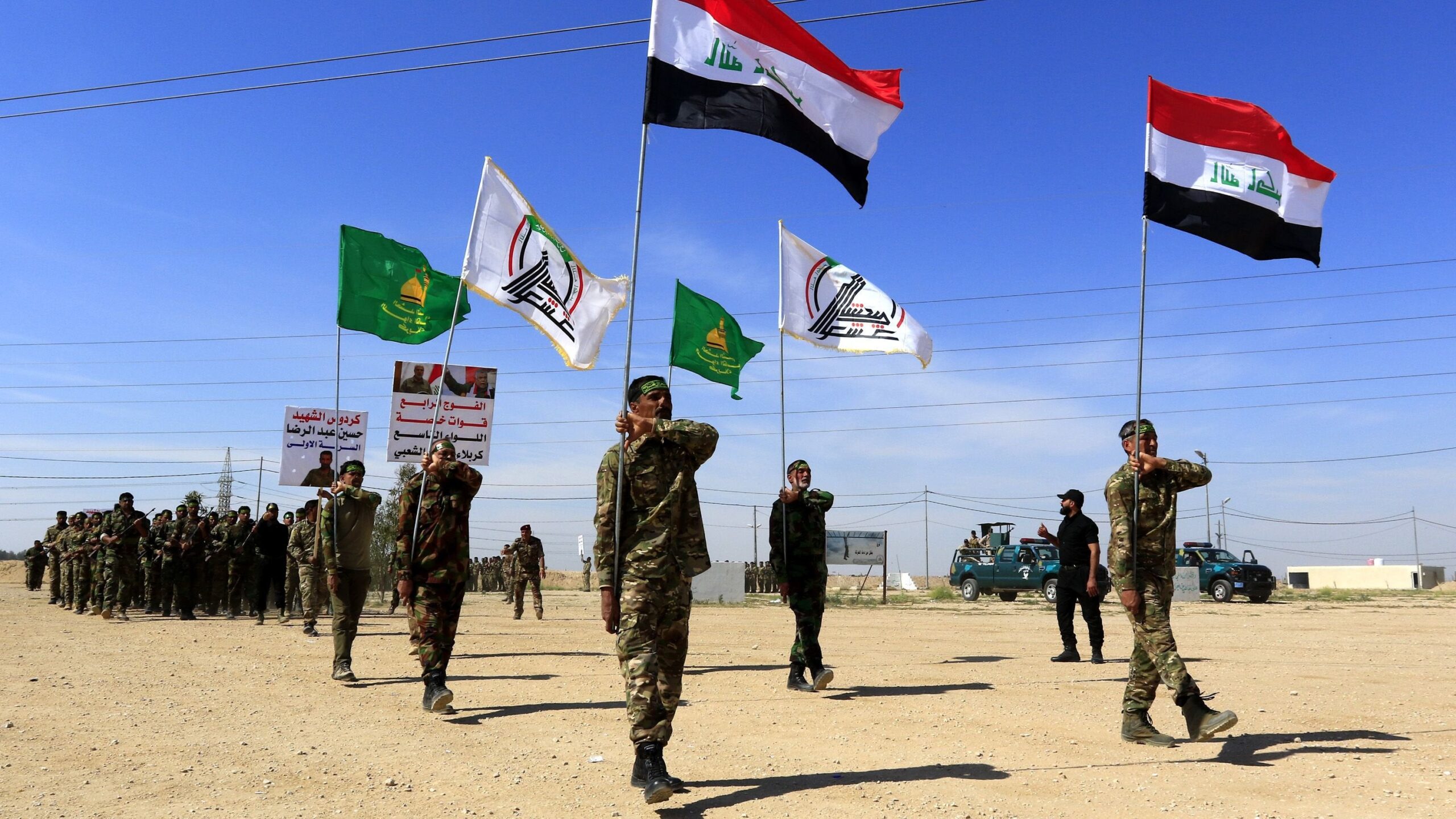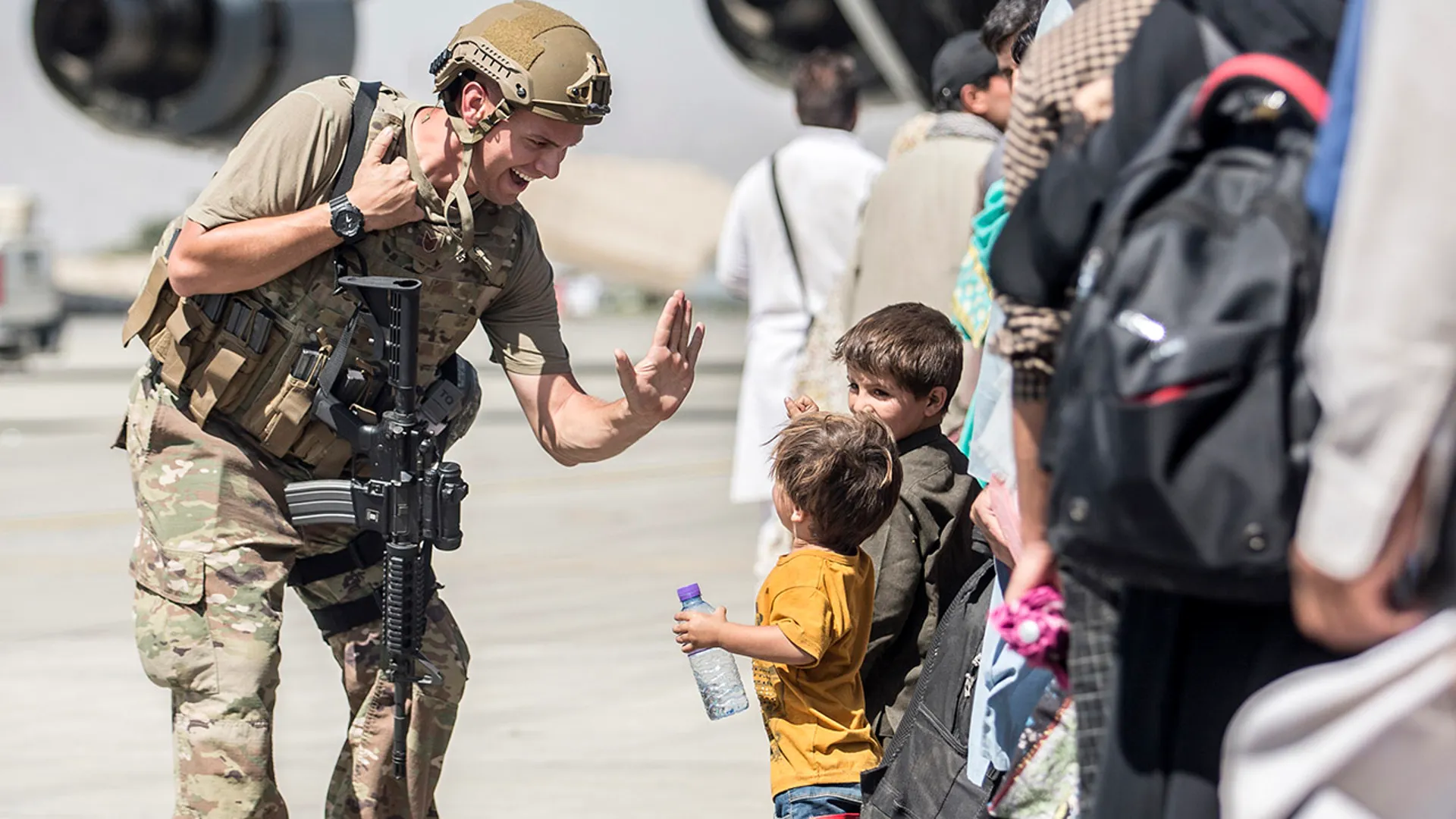US evacuates diplomats and military families from Middle East as tensions rise between Iran and Israel. The move affects several key locations in the region and is seen as a precaution to protect American lives amid escalating conflict threats.

Non-Essential Staff Ordered to Leave
The Department of Defense and the State Department have confirmed the withdrawal. Non-essential personnel are leaving US embassies in Iraq, Bahrain, and Kuwait. In addition, the US consulate in Erbil, located in the Kurdistan region of Iraq, is also affected. Meanwhile, the Pentagon has approved voluntary departures for military families at several regional bases.
CENTCOM Adjusts Its Focus
US Central Command (CENTCOM) is monitoring the situation closely. As a result, CENTCOM commander General Michael Kurilla postponed a Senate hearing to stay focused on the developments. A senior defense official stated that this change in posture reflects serious threats to US personnel in the region.
Trump Cites Safety of Americans
President Donald Trump addressed the situation during a press briefing. He said the evacuations were necessary to ensure the safety of Americans overseas. According to him, conditions are unstable and unpredictable. Therefore, the administration acted out of caution.
Diplomatic Talks With Iran Stall
At the same time, nuclear talks between the US and Iran appear to have reached a deadlock. Last week, Trump expressed doubt about the possibility of reaching a new deal with Tehran. He suggested Iran may be deliberately delaying negotiations. Consequently, his optimism has decreased in recent months.
Signs of Israeli Military Preparation
Meanwhile, intelligence reports show that Israel may be preparing for a military strike on Iran’s nuclear facilities. Evidence includes Israeli air force drills and the mobilization of air munitions. Although no final decision has been announced, officials say there are mixed views within the US government about how soon Israel might act.
Iran Responds With Threats
Iran’s Defense Minister, General Aziz Nasirzadeh, responded with a warning. He claimed that if diplomacy fails and war begins, Iranian forces will strike US bases. According to him, all American military sites in the Middle East are within range and vulnerable in a conflict.
Travel Advisory Updated
In response, the US State Department has updated its travel advisory for the region. It now orders the departure of non-essential staff and warns of increased risks. The move signals that Washington sees a credible threat to its personnel.
An Uncertain Road Ahead
With diplomacy breaking down and military tensions rising, the situation remains volatile. The evacuation effort reflects Washington’s concern about a growing risk of conflict. As a result, the region faces a period of deep and uncertain instability.
Conclusion
The fact that the US evacuates diplomats and military families from Middle East regions highlights the seriousness of the threat. With diplomacy faltering and military action looming, this move reflects deep concern about the safety of American personnel abroad.








Leave a Reply